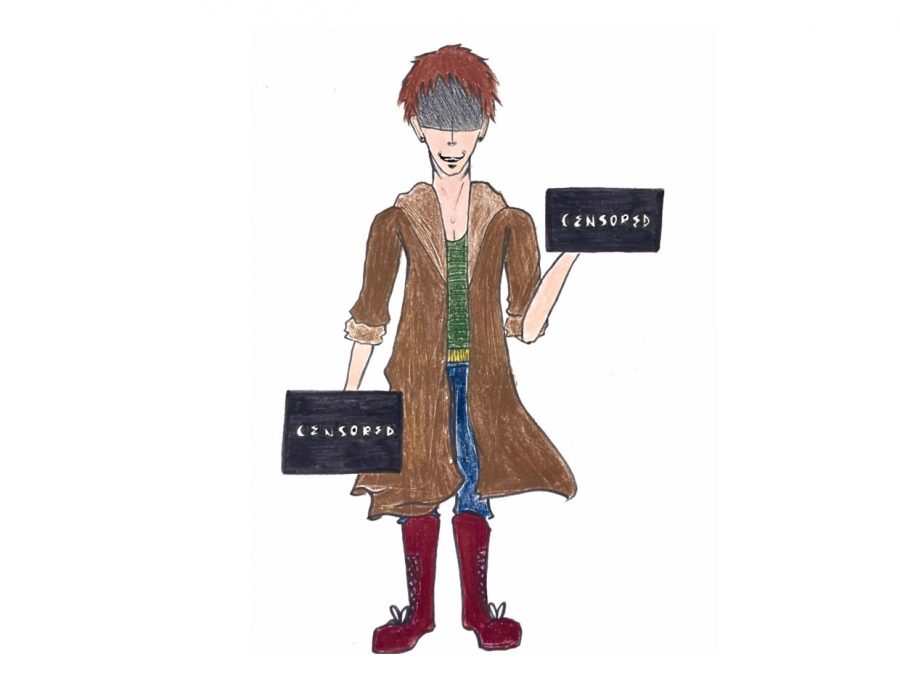Facing the Uncomfortable Issues
October 30, 2017
I think we all remember where we were when we heard about the shooting in Las Vegas. I certainly do. It was a chilly Monday morning. I was getting ready for school, and I skimmed the online news like I usually do. Then the headlines appeared. I remembered the shock of reading about the deadliest shooting in American history. 59 deaths, including the gunman Stephen Paddock. 489 non-fatal injuries. Hundreds of stories of people, who had come to Las Vegas to celebrate music and peace, remembering what they witnessed—remembering the blood, the screaming, and the bullets.
And yet—and this got my blood boiling—there seemed to be a handful of people that said, “Hey, let’s not politicize this. We shouldn’t be talking about gun control when there are people recovering from scars and loss.” Yes, they insisted on talking about gun control later instead of now. It’s like a captain on a sinking ship insisting on talking about how to get his passengers to safety later since he wants to be respectful to a handful who already drowned.
I find this infuriating because this leads to a loop. Something terrible happens that is directly linked to a social issue, people try to find a way to solve it or bring it up so there can be a discussion, and immediately they are shut down by others. To me, it’s just a way to avoid any legislation that makes them uncomfortable. It’s another form of censorship.
To me, it’s odd that people are shocked that there are mass shootings considering how lax we are about our gun laws. Whenever there is a mass shooting, we have many other culprits for the actions. The shooting at Pulse at Orlando? It was blamed on Muslims. The shooting at Sandy Hook was blamed on mental health. Rarely was the blame put on the lack of gun control, and when it was, some people brushed it off as politicizing an issue. But this trend, as we have seen, hasn’t done anything to fix the issue.
Listen, I know it’s uncomfortable to talk about gun laws and gun control, especially after a mass shooting, but it can no longer be an elephant in the room. During the Civil Rights Movement, people who either were against civil rights or just didn’t want a movement got upset when spokespeople for the movement talked about equal rights for racial groups. The most crucial issues are uncomfortable and upsetting, but that doesn’t mean they should be ignored.
Eventually, the issue was recognized. Martin Luther King, Jr. made his great “I had a dream” speech and laws were passed prohibiting racial discrimination in every part of the country. From these actions, lives were not only made better for minority groups like African Americans, but many lives were saved. And this gives me hope that we will find a solution to gun control.
America can no longer be on a sinking ship with a crew refusing to figure out a solution. We need to figure out solutions now, and that means there needs to be a conversation that will get political and will get uncomfortable. As history proves from the Civil Rights Movement, if we are to make a safer future for our children, if we are to avoid another record-setting mass shooting, we need talks.
Graphic by AARON CHAN

